Cuong Dollar reappears, his mother just got out on bail and posted this status, QCG suspected of having 'incident'?
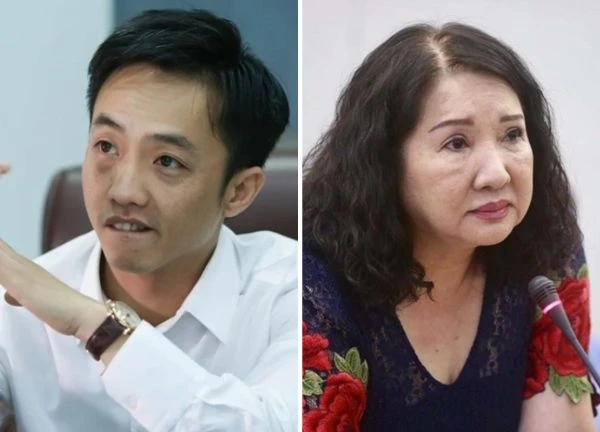
2 | 0 Discuss | Share
In her final statement, Truong My Lan asked the court for a special mechanism to handle her assets, and pledged to pay the debt to the State Bank and the money to bondholders. Why did the prosecutor reject Ms. Lan's appeal against the death sentence?
Accordingly, at the appeal trial of the case related to Van Thinh Phat Group held on November 26, when giving her final statement, defendant Truong My Lan asked the court for a special mechanism with the above content.
In addition, Ms. Lan also expressed her desire to remedy the consequences by paying off the debt to the State Bank, refunding people who bought bonds, and contributing the remaining assets to community projects. The defendant shared unfinished plans, such as building international hospitals, schools, social housing, and developing basic infrastructure.
In fact, anyone who knows how to honestly admit their guilt and wants to remedy the consequences they have caused is worthy of recognition. However, the law punishes according to regulations, reducing sentences cannot be emotional, not based on promises, but based on the circumstances prescribed by law.
No defendant has a "special mechanism", before the law everyone is equal, the only yardstick to measure is "the law". And defendant Truong My Lan is no exception.
In his final statement at the trial of the Xuyen Viet Oil case on November 26, defendant Le Duc Tho also hoped that the authorities would consider applying the "most special leniency policy" of the Party, State and law, so that he would have the opportunity to soon return to rebuild his life and continue to contribute to society.
According to the Penal Code, there are provisions that reflect a lenient policy, with the aim of giving criminals a chance to rebuild their lives. Leniency before sentencing includes the following forms: Exemption from criminal prosecution, suspended sentence, exclusion of criminal liability, and reduction of punishment.
So which of the above cases does the "most special leniency policy" requested by defendant Le Duc Tho fall under? Is it exemption from criminal prosecution or a suspended sentence?
Another special case, also having the final say, defendant Mai Thi Hong Hanh - former Director and Chairwoman of the Board of Directors of Xuyen Viet Oil, asked to accept additional charges and a sentence of 6-7 years in prison that the Ho Chi Minh City People's Procuracy had proposed for Nguyen Thi Nhu Phuong - former Deputy Director of Xuyen Viet Oil - because Phuong was only following instructions.
This is a "special case", accepting the punishment of another person because she accepted the responsibility herself. In some ways, Mai Thi Hong Hanh has courage, daring to do and dare to take responsibility. But the law is not a matter of "outside society". If Nguyen Thi Nhu Phuong did not violate the law, the court would have acquitted her. When a crime is committed, the offender must accept the punishment, there is no such thing as taking responsibility for it.
Returning to Truong My Lan (68 years old, Chairwoman of the Board of Directors of Van Thinh Phat Group), on December 3, the High People's Court in Ho Chi Minh City will issue a verdict on the request to reduce the death sentence of the defendant for having, together with her accomplices, caused a loss of more than 673,000 billion VND to Saigon Commercial Joint Stock Bank (SCB), in phase 1.
Previously, in the debate, according to the High People's Procuracy in Ho Chi Minh City, for the criminal act of defendant Truong My Lan, if she has paid 3/4 of her assets, or 280,000 billion VND to remedy the consequences, then there is a basis to consider reducing the death penalty during the execution phase.
Defendant Lan voluntarily used a lot of assets to make amends, showing that he has made efforts to remedy the consequences. "However, the amount of embezzled money is too large, unprecedented in history. The consequences are unknown when they will be remedied, affecting many aspects of social life, the economy, the financial market, real estate...", the representative of the Procuracy stated.
Furthermore, the defendant Truong My Lan committed crimes in both stages of the Van Thinh Phat case. Therefore, the Procuracy still maintains its position requesting the appellate court to reject the appeal for a reduced sentence, and sentence the defendant to death for embezzlement and 20 years in prison for bribery.
Truong My Lan case: Defendant has recovered more than 3/4 of the damage, can she escape the death penalty? 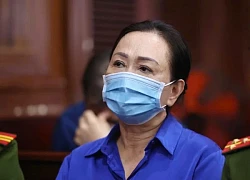 Nguyễn Kim13:33:41 28/11/2024On November 26, the first phase of the trial at Van Thinh Phat Group, Saigon Commercial Joint Stock Bank (SCB) and related units and organizations ended the debate, and the defendants were given the final say.
Nguyễn Kim13:33:41 28/11/2024On November 26, the first phase of the trial at Van Thinh Phat Group, Saigon Commercial Joint Stock Bank (SCB) and related units and organizations ended the debate, and the defendants were given the final say.

2 | 0 Discuss | Share
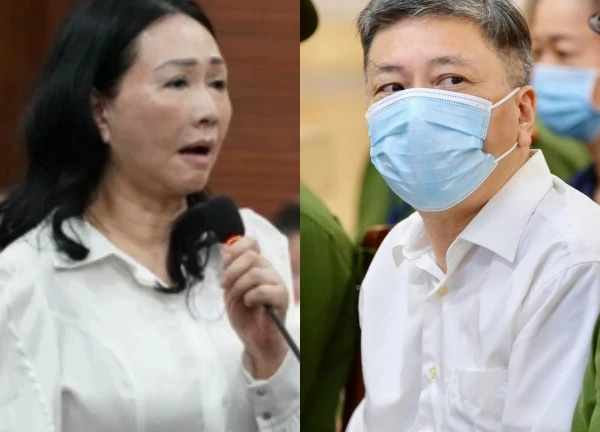
4 | 1 Discuss | Share
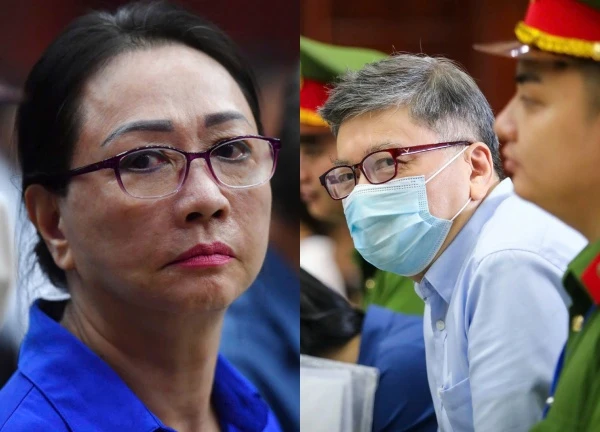
6 | 0 Discuss | Share
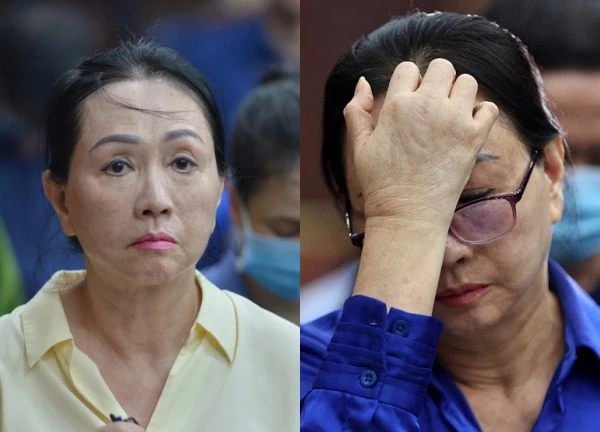
4 | 0 Discuss | Share
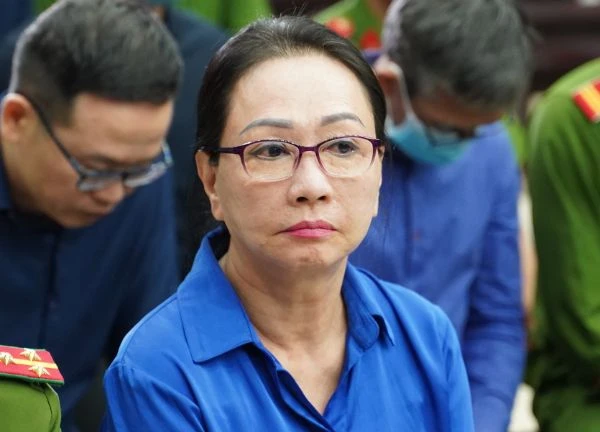
4 | 1 Discuss | Share
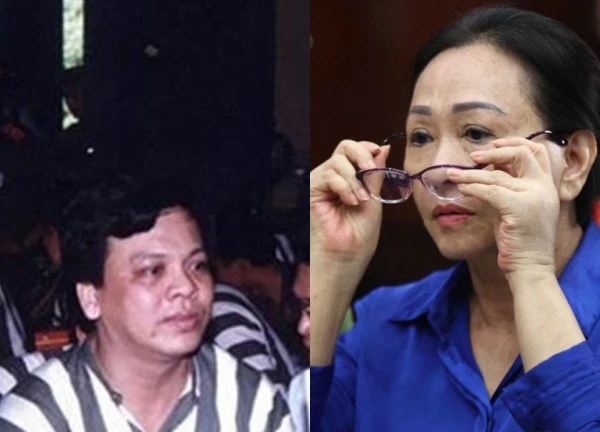
3 | 0 Discuss | Share
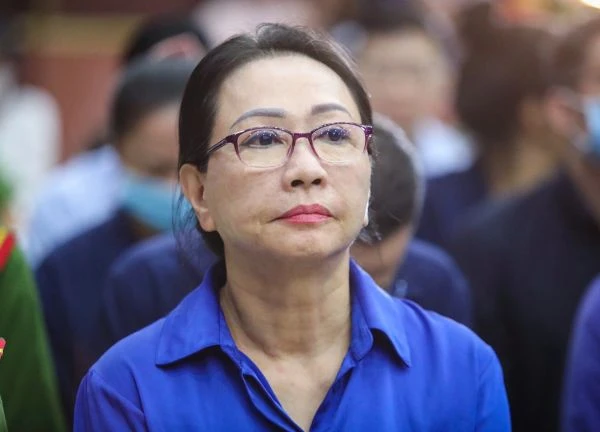
1 | 1 Discuss | Share
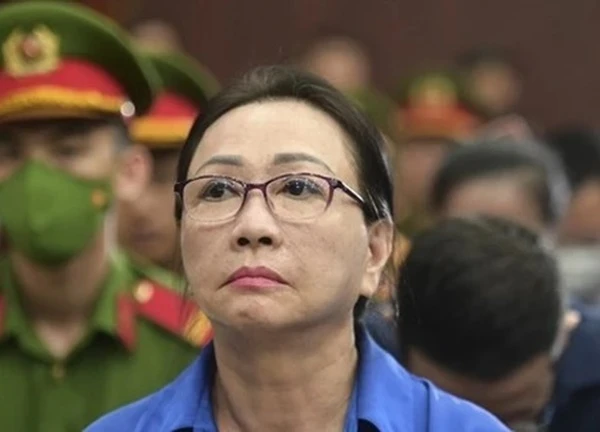
6 | 1 Discuss | Share
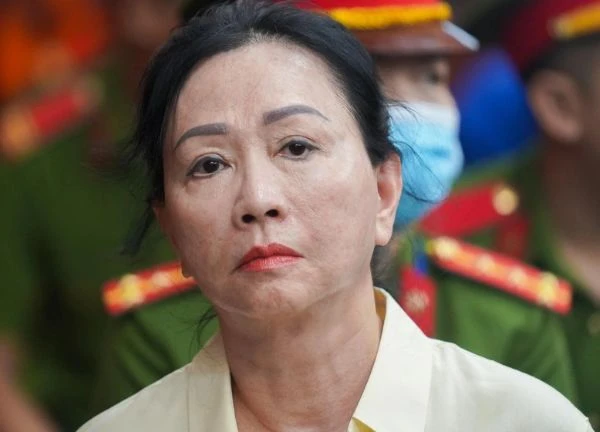
4 | 1 Discuss | Share
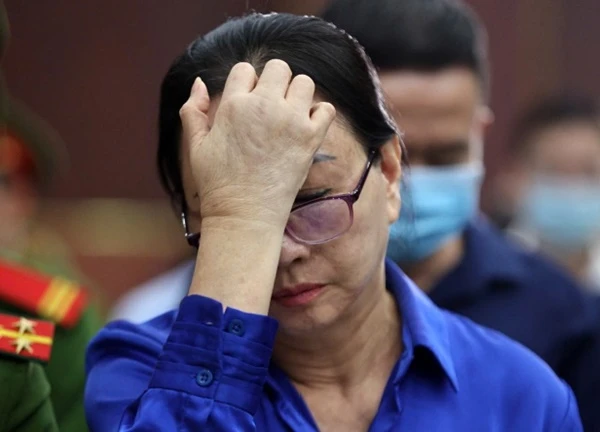
7 | 1 Discuss | Share
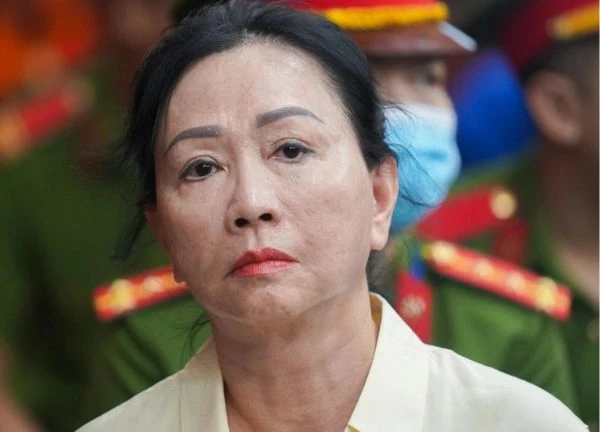
4 | 1 Discuss | Share
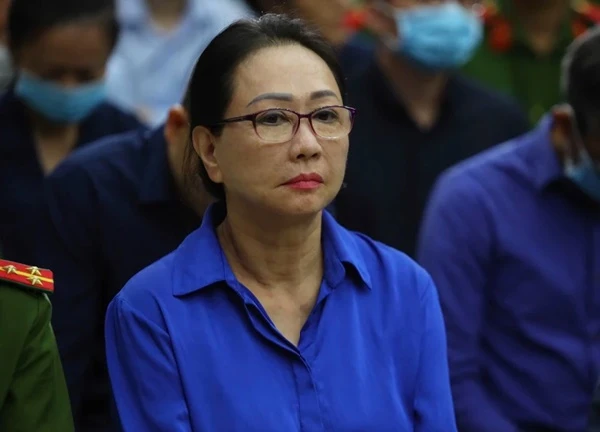
2 | 1 Discuss | Share
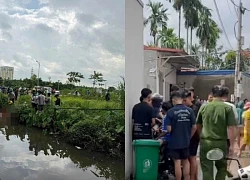
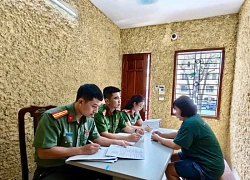


4 | 1 Discuss | Report